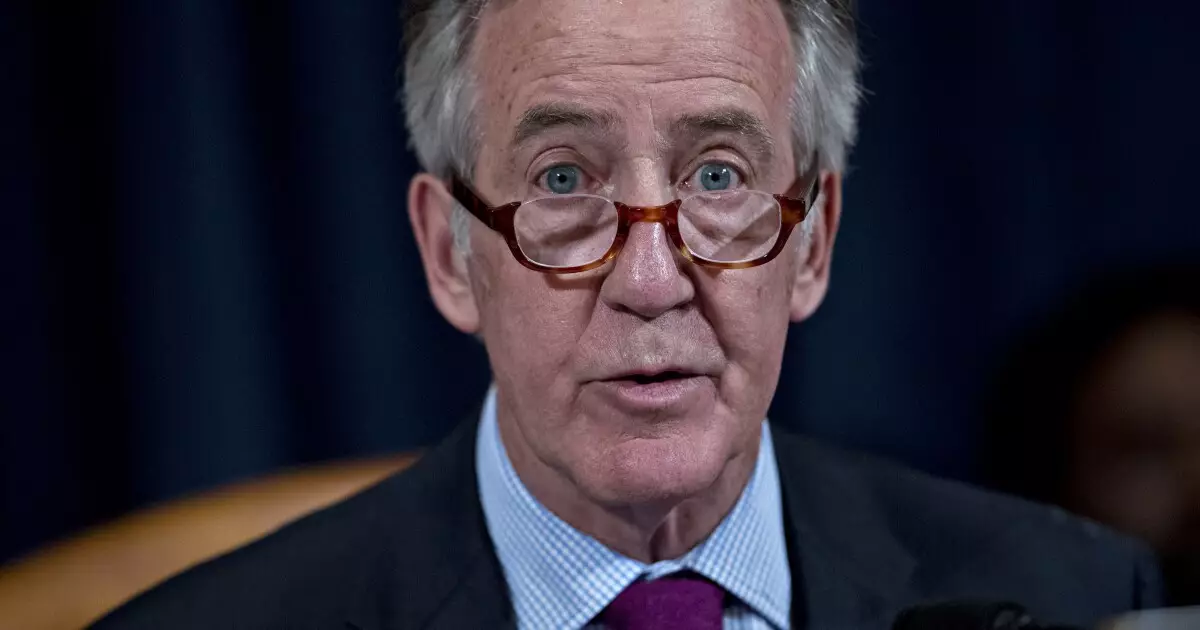Election Dynamics: The Crucial Congressional Battles Ahead

The impending elections for the U.S. Senate and House of Representatives are pivotal, with the outcome set to significantly influence the strategic direction of tax legislation and surface transportation initiatives. As candidates vie for control over the legislative landscape, various electoral races stand out, holding the potential to reshape key committees that govern essential aspects of both tax policy and large-scale infrastructure projects.
In the upcoming elections, 34 Senate seats are up for grabs, with Democrats needing to secure a mere four additional seats to regain the majority. This scenario could drastically alter the political landscape, particularly concerning influential committees. According to the Cook Political Report, 22 House races are considered toss-ups, reflecting the highly competitive nature of these elections. Polling data suggests a slim advantage for Republicans in the Senate, while Democrats are favored in the House. These narrow margins emphasize the significance of each individual race, amplifying the uncertainty of the election outcomes.
The ramifications of these battles are profound, particularly for the Senate Finance Committee, where prevailing leadership could hinge on the election’s results. Should Republicans gain control, Senator Mike Crapo (R-Idaho) is poised to take the chairman’s seat, potentially steering the committee’s focus toward extending existing tax provisions. Notably, Crapo has expressed concerns regarding potential deficits that could arise from the expiration of provisions included in the Tax Cuts and Jobs Act (TCJA). His proposed workaround — extending current laws without offsetting adjustments — could be a strategy aimed at preserving the critical tax-exemption for municipal bonds, an area flagged for potential revenue generation by the government.
On the House side, significant shifts in leadership could also redefine legislative priorities. Current Chair of the Ways and Means Committee, Jason Smith (R-Mo.), has initiated various tax reform teams, signaling a proactive approach to legislative development should Republicans sweep the elections. His committee will play a crucial role in managing the expiration of several TCJA provisions by the end of 2025. Controversial subjects, such as the cap on the state and local tax deduction, remain contentious; Smith hints at possible adjustments that could benefit stakeholders in the municipal bond market — a critical component of infrastructure financing.
Conversely, if Democrats regain control of the House, seasoned representative Richard Neal (D-Mass.) is expected to resume chairmanship over the Ways and Means Committee. Neal has a history of supporting policies favorable to the municipal bond sector, underscoring the stakes involved in this electoral battle.
Transportation and Infrastructure: A Shifting Paradigm
Equally important is the congressional race concerning transportation and infrastructure committees. Currently chaired by Rep. Sam Graves (R-Mo.), the committee’s leadership may face a significant transition, especially since Graves is nearing his term limit. His request for a waiver to extend his tenure is critical, as whoever steps into this role will be responsible for crafting the next surface transportation bill against the backdrop of the Infrastructure Investment and Jobs Act, which comes to a close on September 30, 2026. Decisions regarding funding allocation will undoubtedly impact future projects, including whether to pivot towards competitive grant models or revert to traditional formula funding mechanisms.
Furthermore, pressing issues, such as the ailing Highway Trust Fund — which recorded an unprecedented deficit of over $21 billion in fiscal year 2024 — require immediate attention. The new chair will have to contemplate innovative solutions to address this financial shortfall while ensuring sustainable infrastructure development across the nation.
The House Financial Services Committee is also positioned for a leadership turnover, irrespective of the election results. With current Chair Patrick McHenry (R-N.C.) retiring, potential successors are already emerging, including Reps. Andy Barr, Bill Huizenga, and Frank Lucas, all of whom have distinct policy perspectives that could steer committee priorities in different directions. Should Democrats reclaim the House, Maxine Waters will likely resume her role as chairperson, focusing on vital issues such as flood insurance program reauthorization and enhancing FEMA’s flood-mapping capabilities.
As voters prepare to cast their ballots, the implications of this election extend far beyond mere party control. The potential shift in leadership of key congressional committees could herald significant changes in tax policy and infrastructure strategy that will shape the United States’ economic future. As both sides intensify their efforts to secure victories, the next few days will be crucial in determining how the legislative agenda unfolds in the coming term. Each race will significantly impact the legislative framework that guides essential national policies, making every vote count in this high-stakes political landscape.





